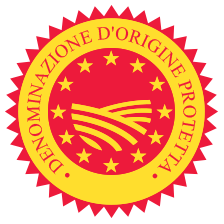In Europe some foods (and drinks) have become labelled officially as from not just a country, but from a specific area of a country. Possibly the most famous is Champagne - any other white, sparkling wine, even if made in France, the same way with the same grape variety cannot be called Champagne, because it wasn't made in the Champagne region of France. Since then, the range of food and drink products that have become "controlled designation of origin" has rocketed. British examples would be Melton Mowbray Pork Pies, Arbroath Smokies and of course, Cornish Pasties. You cannot label food products with these names unless they are made in the specific, named regions of the country.
Does this type of naming restriction operate outside of Europe?
I am curious, not up in arms about it!
Does this type of naming restriction operate outside of Europe?
I am curious, not up in arms about it!




